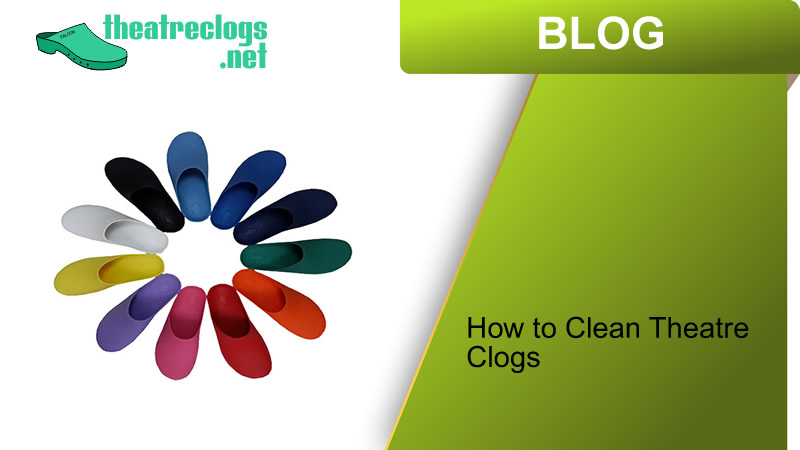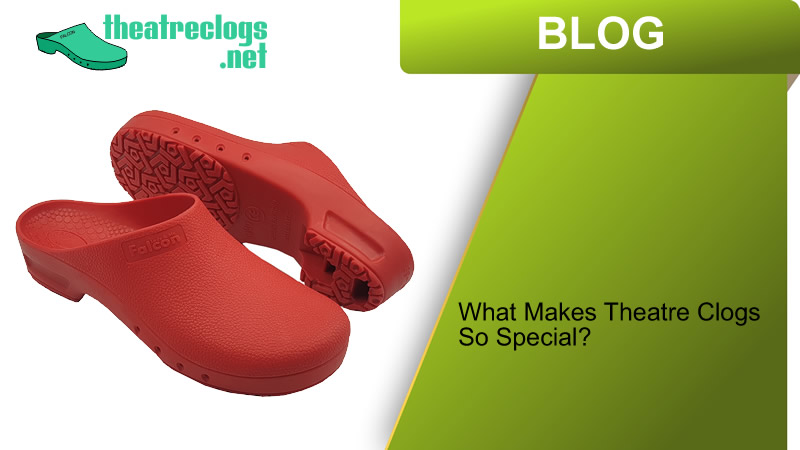
Operating theatres are environments where impeccable hygiene is paramount. Every piece of equipment, every surface, and even the footwear worn by staff must meet the highest standards of cleanliness and sterility to prevent hospital-acquired infections (HAIs). Theatre clogs, while often overlooked, play a crucial role in this sterile chain. Proper cleaning and maintenance of these clogs aren’t just about prolonging their life; they’re about ensuring the safety of both patients and medical professionals.
So, how do you properly clean and care for your theatre clogs to ensure they remain a part of your hygiene arsenal?
Step-by-Step Cleaning: A Deep Dive into Disinfecting Your Theatre Clogs
The cleaning routine for theatre clogs, especially those that are autoclavable, is designed to be straightforward yet highly effective. Here’s a general guide:
- Remove Gross Contamination: Before any deeper cleaning or sterilization, it’s essential to remove any visible dirt, debris, or organic matter from the clogs. You can do this by rinsing them under warm water and using a soft brush. Avoid harsh scrubbing that might damage the material.
- Pre-Disinfection (If Necessary): In cases of heavy soiling or specific facility protocols, a surface disinfectant approved for medical environments might be used for pre-disinfection. Always ensure the disinfectant is compatible with the clog’s material to prevent damage. Refer to the manufacturer’s guidelines.
- Autoclaving – The Gold Standard: For autoclavable clogs, this is the most critical step. Place your clogs in an autoclave according to the manufacturer’s recommended temperature and pressure settings. This typically involves temperatures like 121°C (250°F) or 134°C (273°F) for a specified duration. Autoclaving uses high-pressure steam to effectively destroy all microorganisms, including bacteria, viruses, and spores, ensuring complete sterilization.
- Thorough Drying: After autoclaving, ensure your clogs are completely dry before storing or reusing them. Moisture can create an environment conducive to microbial growth. You can air-dry them or gently wipe them with a clean, sterile cloth.
Essential Care Tips: Extend the Life of Your Theatre Clogs
Proper care extends beyond just cleaning. Adhering to these maintenance tips will help preserve the functionality, safety features (like anti-static properties), and lifespan of your clogs:
- Follow Manufacturer Guidelines: This is the golden rule. Every clog model might have specific material compositions and care requirements. Always read and adhere to the instructions provided by the manufacturer to ensure optimal performance and longevity.
- Proper Storage: Store cleaned and dried clogs in a clean, dry environment, away from direct sunlight and extreme temperatures. Improper storage can lead to material degradation, discoloration, or deformation.
- Avoid Harsh Chemicals: When cleaning or disinfecting, steer clear of abrasive cleaners, strong solvents, or harsh chemicals. These can damage the clog’s material, compromise its anti-static properties, and reduce its overall lifespan.
- Regular Inspection: Routinely inspect your clogs for any signs of wear and tear, such as cracks, punctures, or excessive sole wear. Pay close attention to the tread pattern to ensure slip resistance is maintained and check for any compromise to the anti-static plug or material. Replace clogs immediately if you notice any significant damage that could affect their safety or performance.
- Adhere to Replacement Schedules: Even with proper care, clogs have a lifespan, especially under constant use and repeated sterilization cycles. Pay attention to the manufacturer’s recommended service life and replace clogs accordingly. This ensures ongoing safety and hygiene.
Proper cleaning and maintenance of theatre clogs are integral to maintaining a sterile and safe operating environment. By following these guidelines, you not only contribute to infection prevention but also maximize the return on investment for your high-quality footwear.
Do you have any specific concerns about your theatre clogs?






